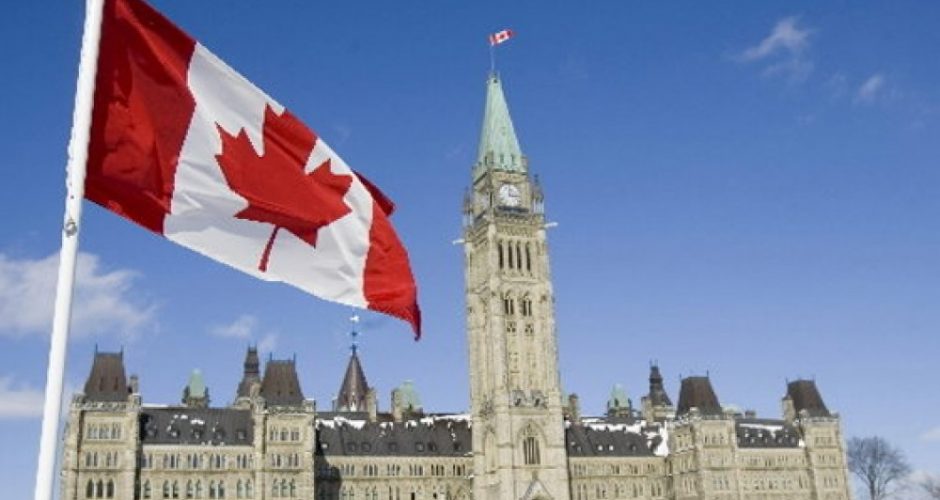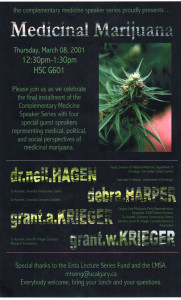Bruce Erickson,
Office of Controlled Substances,
Department of Health,
Address Locator 3503D,
Ottawa, Ontario,
K1A 1B9;
Email: bruce_erickson@hc-sc.gc.ca
May 6, 2001
Mr. Erickson,
The public has been invited to respond to the Marihuana Medical Access Regulations (MMAR) published in the Canada Gazette, Part I, on April 7, 2001.
The government feels the MMAR is an appropriate and efficient response to address concerns raised in the Parker decision about the process currently used under section 56 of the CDSA by attempting to meet the following criteria :
1) meet the mandatory requirements of all international drug control Conventions, to the extent possible, in consideration of the Canadian Charter of Rights and Freedoms;
2) be developed and implemented by July 31, 2001;
3) be clear and easy to implement, administer and enforce;
4) not unduly restrict the availability of marihuana to patients who may receive health benefits from its use; and
5) minimize any increase in regulatory burden on patients, medical practitioners, medical licensing authorities, and enforcement agencies.
Continue reading →



